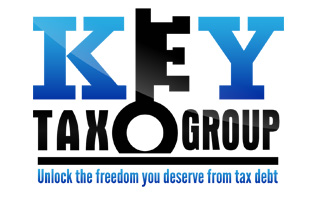Potential home buyers who owe taxes to the IRS may find it difficult to obtain financing from a mortgage lender. If you have unpaid taxes, the IRS can put a lien against your property or other assets; as a first lien holder, the IRS’s claim to your assets supersedes all other claims, making lending you a mortgage risky for the lender. Some lenders will refuse to offer you financing or require that the IRS lien is paid in full at closing, as a condition of lending.
However, not all potential home buyers who owe money to the IRS are barred from obtaining financing. Whether you will be required to pay the IRS before purchasing a home depends in large part on the type of financing you are seeking.
FHA, VA, and USDA financing
If you are eligible for FHA, VA, or USDA financing, you may be able to obtain a mortgage on two conditions. First, the IRS has to give the lender first lien position on the title. Second, the borrower must be able to show that they have been making regular payments, usually for 12 months, in accordance with their repayment agreement. In most cases, the borrower will need to provide a copy of the repayment agreement, proof of payment history, and a title insurance binder to show there aren’t exceptions to the subordinated tax lien.
Fannie Mae and Freddie Mac financing
Although exceptions can be made in some cases, as a general rule, those who owe back taxes to the IRS must pay the lien in full either prior to or at the time of closing on their home.
How the IRS is making home buying easier for tax debtors
For those who wish to purchase a home and do not have the above financing options, the IRS made changes effective in 2011 to make obtaining a mortgage easier for potential home buyers who have tax debt.
First, the IRS has increased the dollar amount threshold which triggers a lien, decreasing the number of people against whom liens are filed. Second, once paid, the lien can be removed by request of the debtor. The Offer in Compromise program has also undergone changes: The maximum allowable tax liability limit has been doubled while annual income limits have been increased to $100,000. Also, installment agreements are now more readily available to small businesses, making it easier for business owners to pay down their tax debt.
Further, if you owe $25,000 or less and enroll in the Direct Deposit Installment Agreement (DDIA), the IRS may withdraw your tax lien after you complete a probationary period of timely payments.
Manage your tax debt with the tax specialists at Key Tax Group
If you owe more than $25,000 to the IRS and have had a lien placed against your assets, the tax specialists at Key Tax Group can help. Don’t let tax debt prevent you from buying your dream home: Contact our office today for your free consultation.
